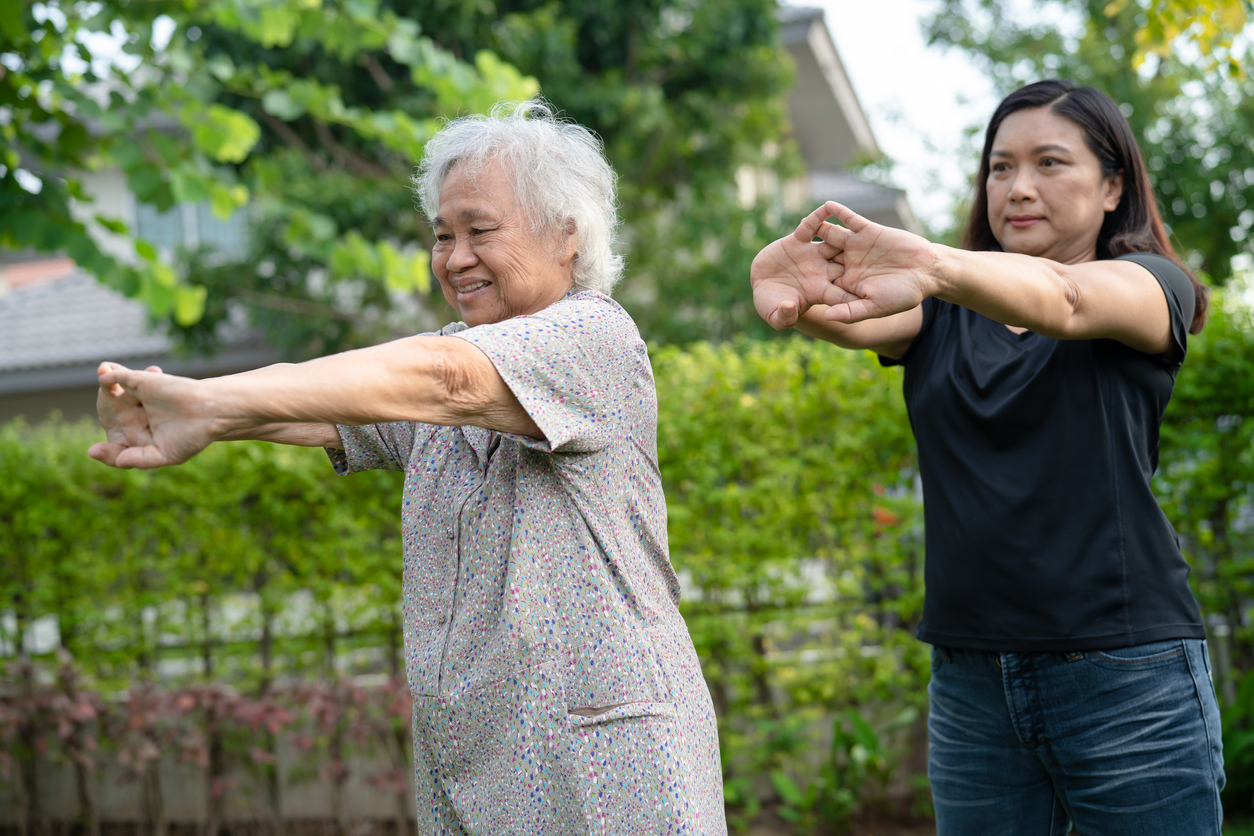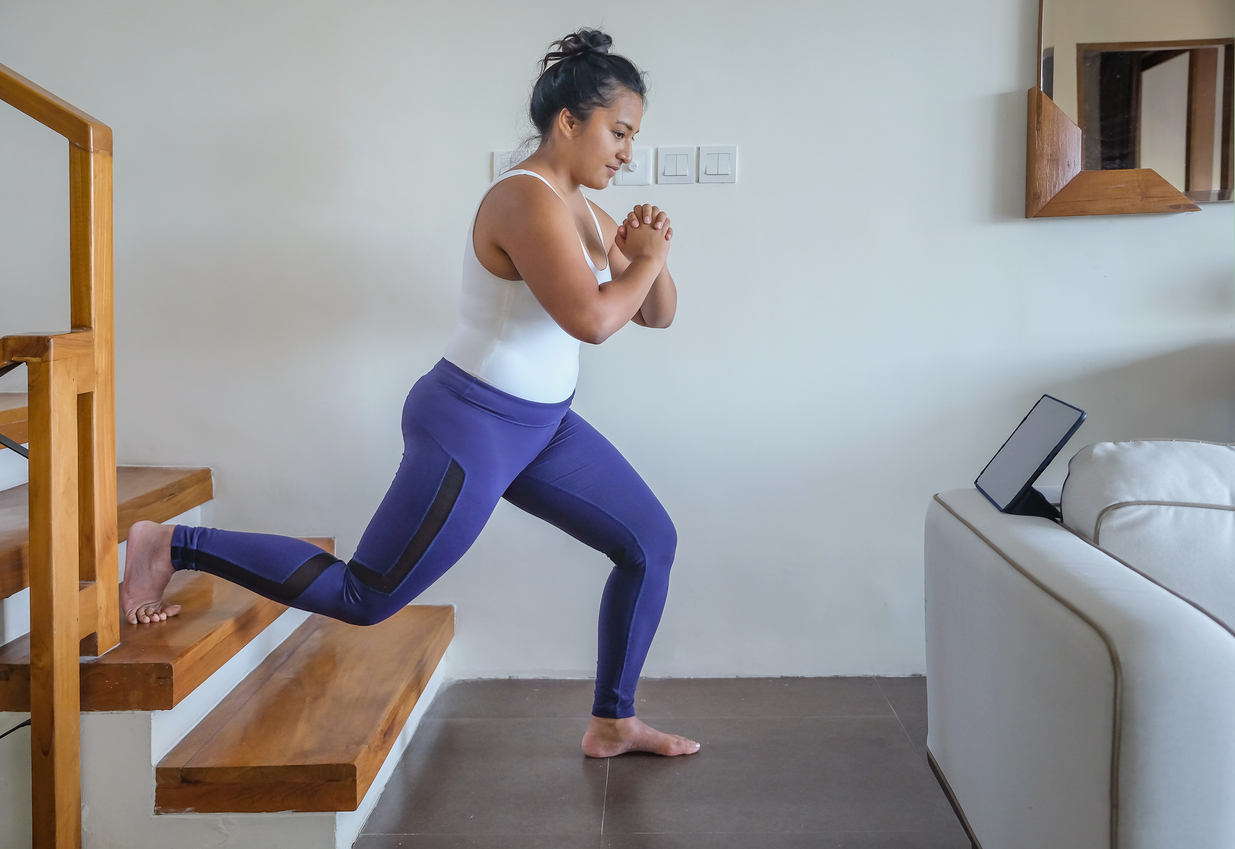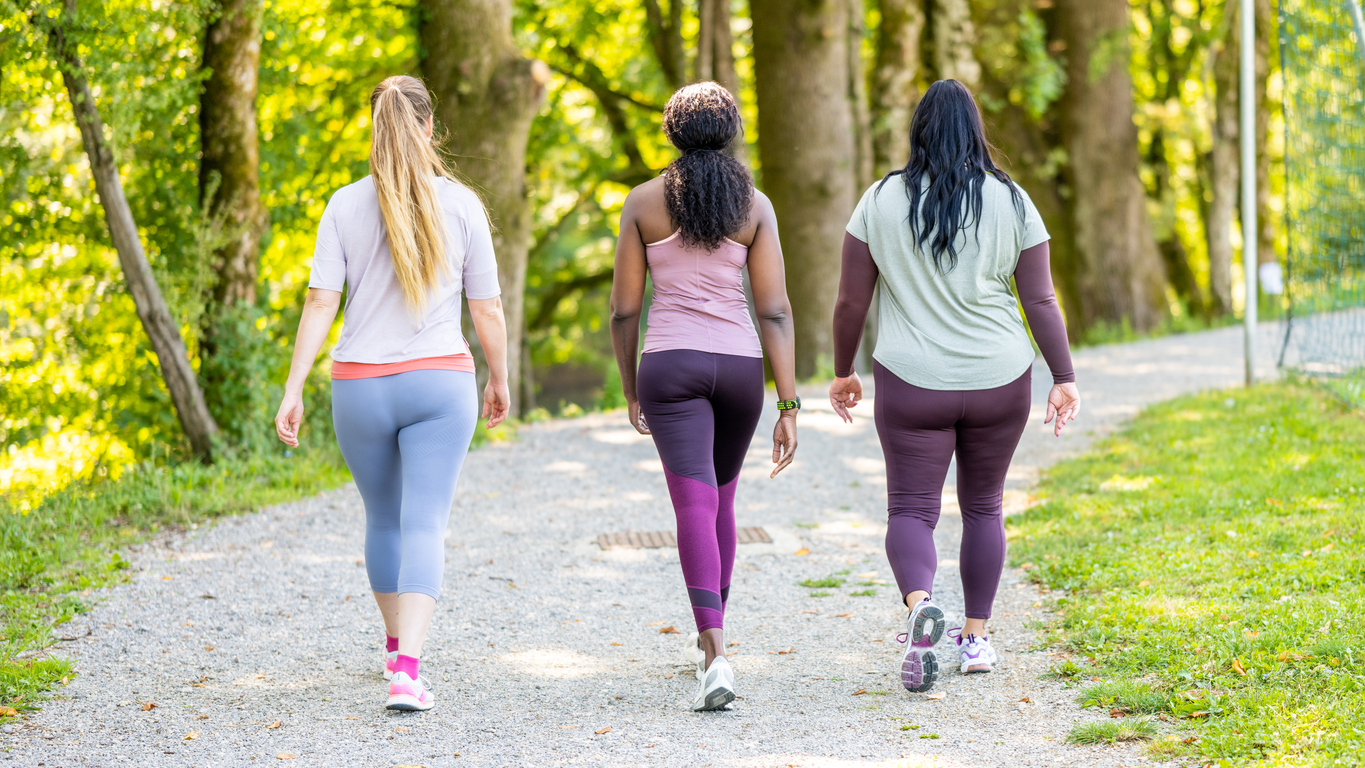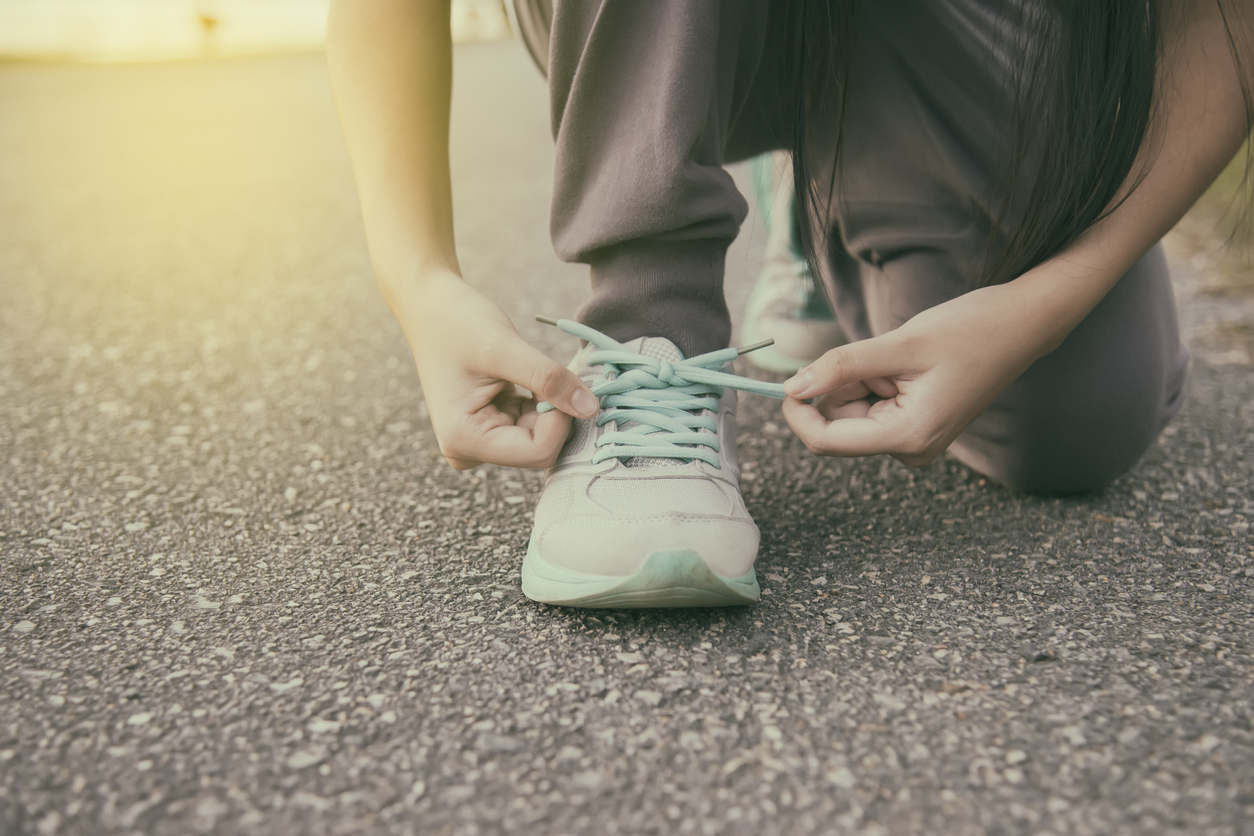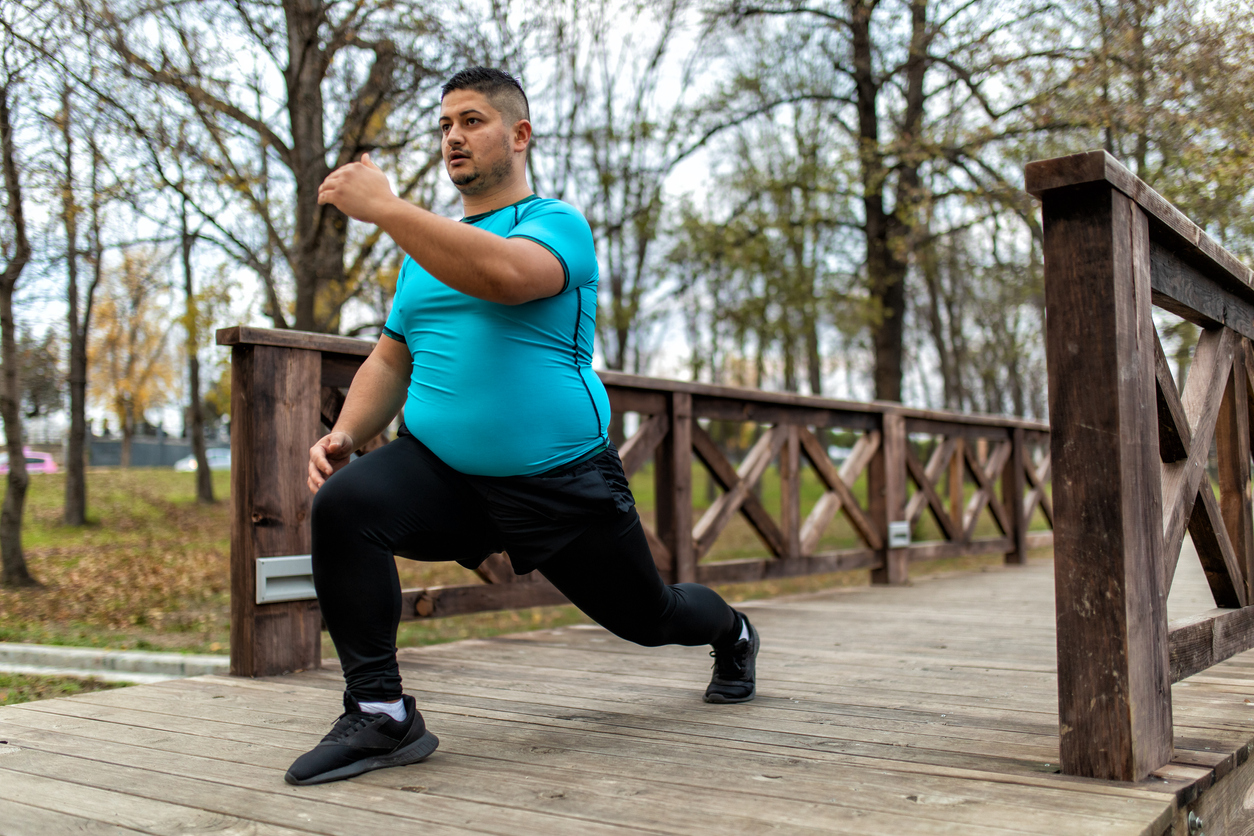Wellness
Adding Physical Activity Into Daily Life
Source: Centers for Disease Control and Prevention, Everyday Health, National Institute on Aging: National Institutes of Health
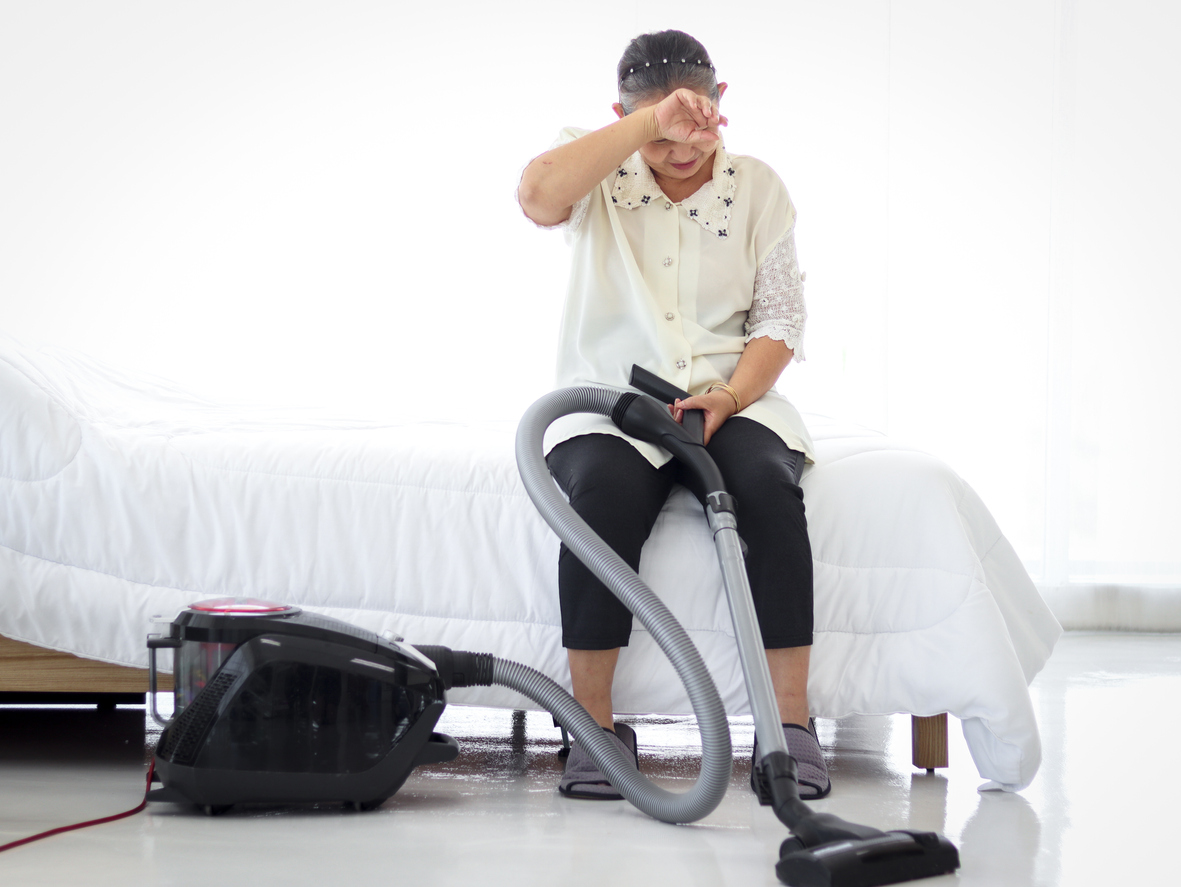
155 people found this helpful
Print
Share
Save
Chronic pain can negatively affect muscle strength, breathing patterns, energy levels, and mental health. Many individuals with chronic pain have restricted movements, limited range of motion, mobility issues, or balance concerns. This often results in reduced physical activity.
Physical activity is undoubtedly an important part of a healthy life. However, it can be a challenge for those experiencing chronic pain. The best approach is to slowly obtain a routine of physical movement. Below are five tips to successfully add physical activity into daily life.
- Look for small ways to add more activity. When going to a store or other location, park further from the entrance to get a few extra steps. Use small amounts of stationary time, such as when in line or brushing one’s teeth, to do activities like calf raises or quick stretches.
- Set a timer. Break up sedentary activities, such as watching television or reading, by taking movement breaks. For example, set a timer to get up and walk every 30 minutes or do a brief strengthening activity each hour. A stretch during a commercial break is also beneficial.
- Remember, housework is physical activity. Clean, organize, or do other chores to complete housework while being physically active. Break a room or other tasks into smaller sections and complete them throughout the day or week.
- Participate in physical activity when pain is low or energy is high. If pain is worse in the morning, it may be easier to go for a walk later in the day. On the other hand, if fatigue is greater in the evening, try yoga or stretching in the morning when energy levels are higher.
- Avoid doing too much on “good” days. Expending too much energy on “good” days can lead to increased pain or fatigue, which can require a recovery period of little to no activity. Remember to take it slow, even when pain levels are lower than normal.


